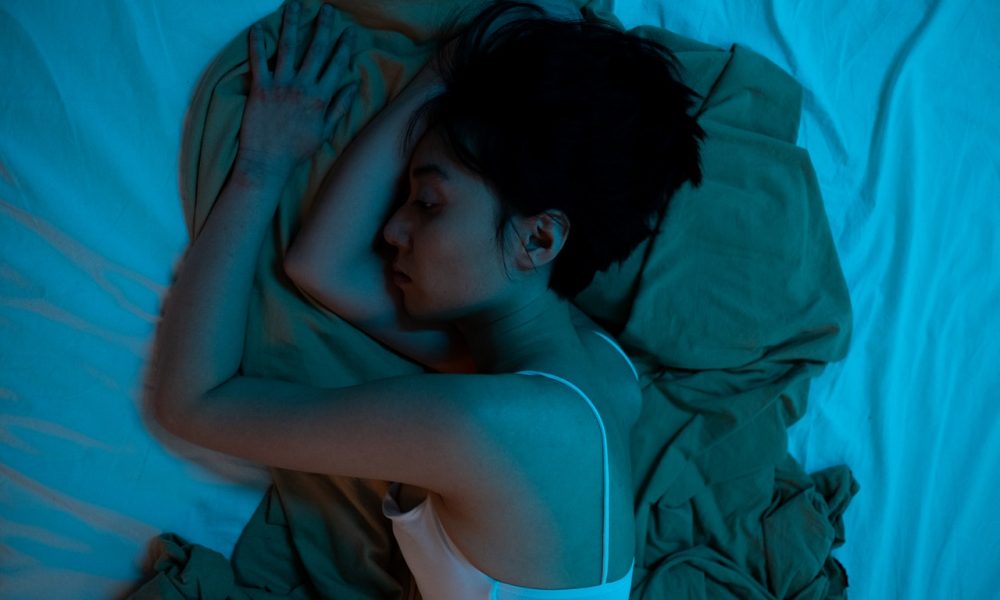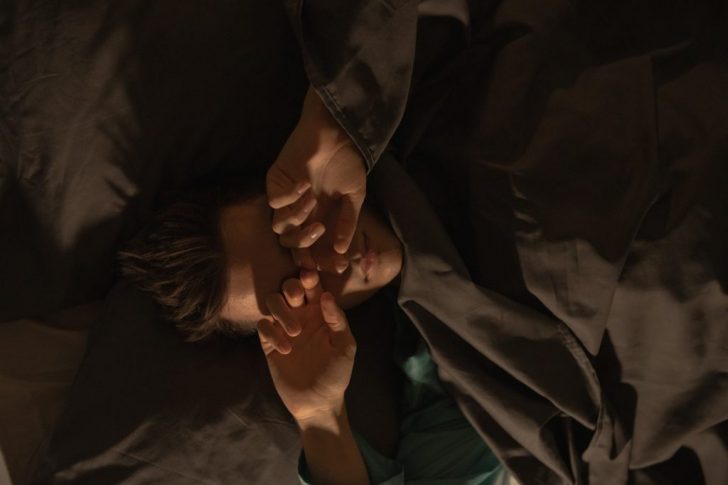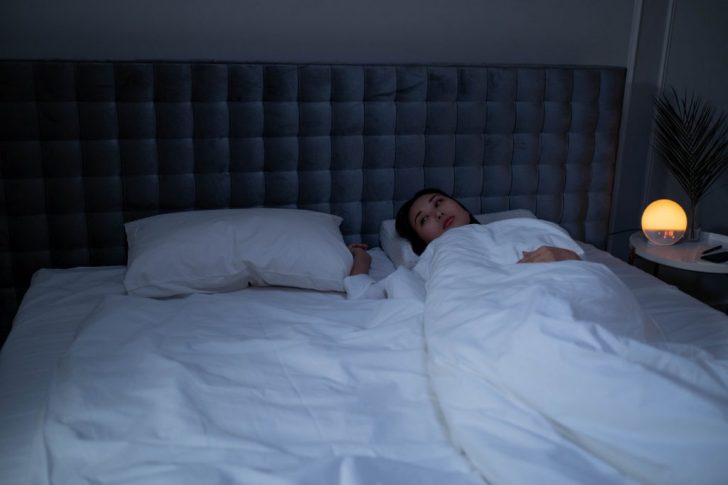
Here’s All You Need to Know About Narcolepsy and Symptoms to Look Out For

Imagine that you have been working relentlessly for 48 hours without an ounce of sleep – how would you feel? You’d probably find yourself drifting off into sleep while carrying out daily tasks but, this is just an assumption, right? Anyone who hasn’t slept in 48 hours would want to sleep not to put themselves in a dangerous position. Unfortunately, though, this is what daily life is like for people suffering from narcolepsy.

Pexels | Experts state that narcolepsy stays un- or misdiagnosed mostly, so if you suspect something’s wrong, consult a doctor immediately
What is Narcolepsy?
This condition is defined as a chronic sleep disorder in which the patient exhibits extreme and overwhelming daytime drowsiness and sudden bouts of sleep. They struggle to stay awake for long periods of time, which oftentimes results in them sleeping during unconventional times or while carrying out tasks. This not only puts their life in potential danger but also disturbs their entire daily routine.
There are two types of Narcolepsy as defined by the National Institute of Neurological Disorders and Stroke.
Type 1- Patients with low levels of hypocretin-1 (the chemical responsible for keeping you awake) and comes with the symptom of cataplexy or muscle weakness.
Type 2 – Patients have regular levels of Hypocretin-1 and do not deal with cataplexy. Instead, they experience the same symptoms but with less intensity.

Pexels | Stay aware of the tell-tale symptoms of the disease
Symptoms of Narcolepsy
This disorder is quite rare because it only affects one in 2000 people, but most people struggle throughout their lives without a diagnosis, so it is important to understand the symptoms.
1. Excessive Sleep During Daytime
This is one of the most prominent symptoms of narcolepsy. Patients suffer from an overwhelming need to sleep, and the urge to sleep usually increases when carrying out daily monotonous tasks. They slip into a sleeping state without any prior warning and wake up feeling refreshed.
2. Disturbed Night Sleep
People suffering from narcolepsy are often subject to misconceptions like they can sleep long and peaceful sleep since their body requires a lot of rest, but this can’t be any further from the truth. Most people struggle to get quality sleep and end up developing other chronic issues like sleep deprivation.

Pexels | Sleeplessness results in tiredness and an inability to carry out even basic everyday tasks
3. Hallucinations
Narcolepsy isn’t all about sleeping – some people suffer from sleep paralysis and vivid hallucinations as they doze in and out of their sleep sessions. This includes the patients either hearing or seeing things, and in some situations, they deal with both auditory and visual hallucinations. Doctors state that these vivid hallucinations are usually fearsome in nature and can affect the patient’s mental wellbeing.
Isn’t all this information eye-opening? You now have a better insight into what life is like with narcolepsy.
More in Health & Well-being
-
`
Mental Health Awareness Festival: A Celebration of Well-being Through Physical Activity
The Mental Health Awareness Festival is just around the corner. It is set to take place this Sunday, October 6, 2024,...
October 11, 2024 -
`
Celebrate Pumpkin Season – Your Guide to Fall’s Favorite Fruit
As the vibrant colors of fall begin to appear, there’s one thing that truly signifies the start of the autumn season—...
October 2, 2024 -
`
4 Timeless Greek and Roman Views on Mental Health in Ancient Rome
In the bustling streets of ancient Rome and the philosophical circles of Greece, mental health was a topic of great interest...
September 27, 2024 -
`
Why Deleting Social Media Forever CAN Be a Sign of Depression!
Today, social media has become a huge part of our lives. We scroll through endless feeds, share moments, and stay connected...
September 19, 2024 -
`
Some First Date Night Ideas That Are Surprisingly Cheap
Looking for cheap date night ideas that won’t break the bank but still impress your date? Whether it is your first...
September 14, 2024 -
`
Where to Vacation in December for a Memorable Holiday?
As December rolls in, travelers are faced with a myriad of choices for a perfect holiday escape. If you’re wondering where...
September 4, 2024 -
`
What Is a Personal Mantra and Tips to Develop Yours in Minutes
Are you feeling stuck or overwhelmed? It’s easy to lose focus when life gets challenging. But what if a simple phrase...
August 30, 2024 -
`
How to Control Anger – Practical Tips and Techniques
Anger is a complex emotion that everyone experiences from time to time. It can arise from a variety of triggers and,...
August 23, 2024 -
`
How to Tell if a Bipolar Man Loves You – Key Signs and Indicators
Relationships, especially those involving someone with bipolar disorder, can be challenging but rewarding. The highs and lows characteristic of bipolar...
August 15, 2024















You must be logged in to post a comment Login